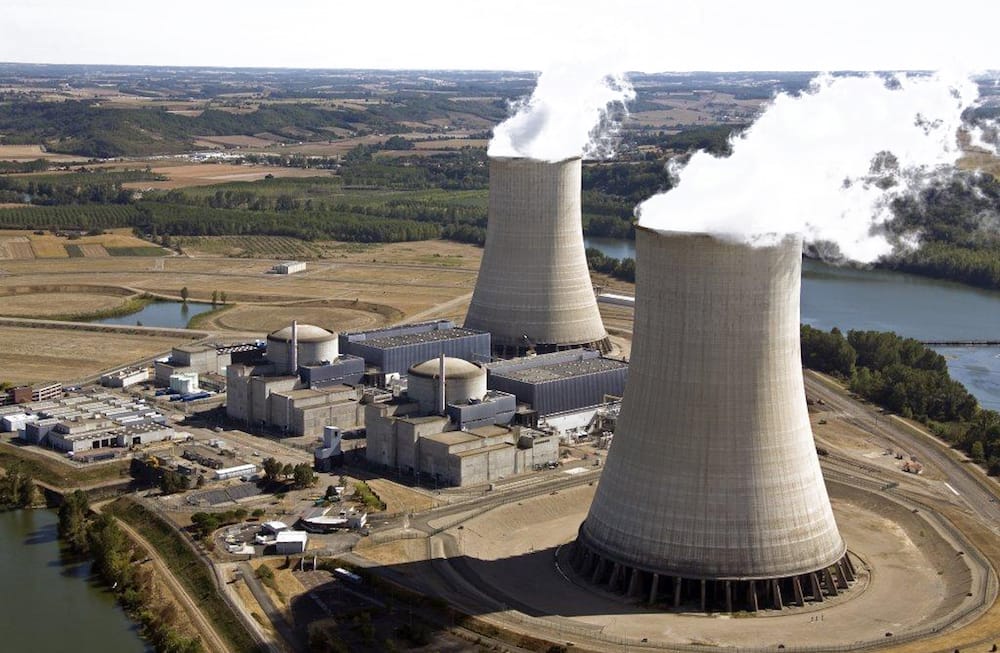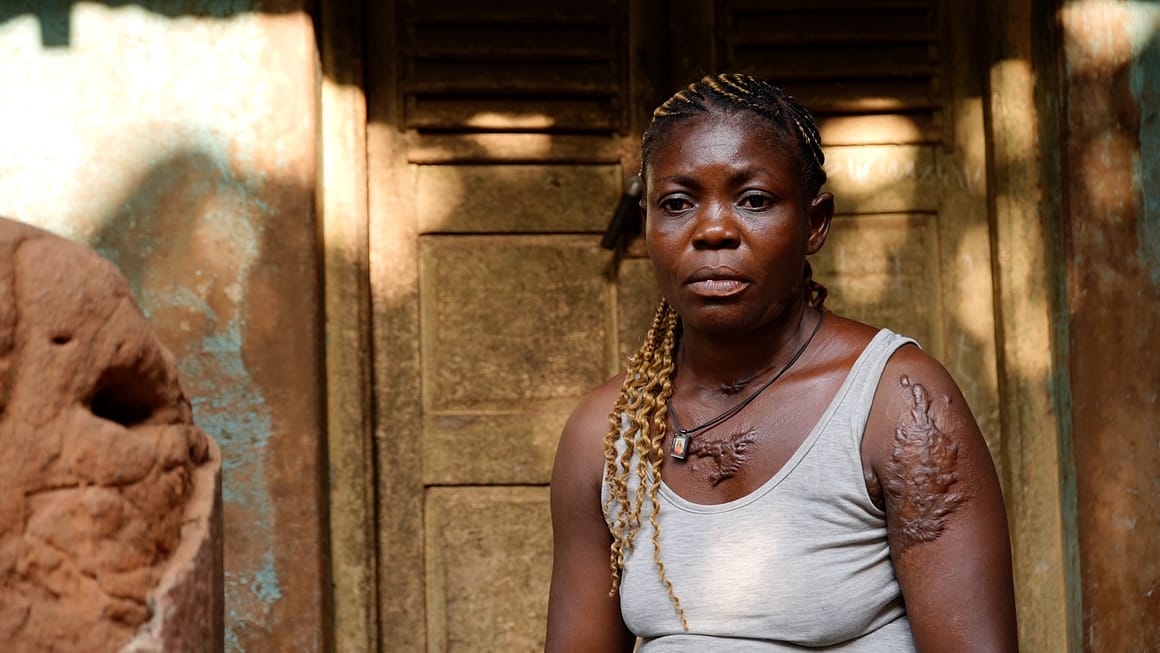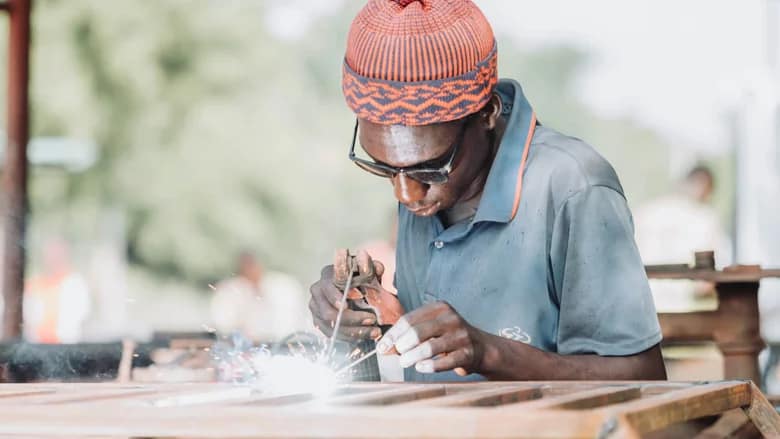August 30th 2023 another coup shook the political landscape of Africa, with Gabon’s Ali Bongo becoming the latest leader to be detained within the confines of his own residence.
This coup follows closely on the heels of the hostage situation involving Niger’s President Mohamed Bazoum.
As we look through the recent surge of coups in West and Central Africa, a disheartening pattern emerges, one that reveals a mix of disappointments, frustration, and the erosion of democratic processes.
Read also: Ahead of COP28: Africa Still Lagging Behind in Climate Finance Inflow
Successful coups in recent years
Niger: On July 26, 2023, Niger’s Bazoum was overthrown by the military.
Burkina Faso: In January 2022, Burkina Faso’s army removed President Roch Kabore, blaming him for failing to contain violence by Islamist militants. In September of that year, there was a second coup by army Captain Ibrahim Traoré who forcibly deposed Paul Henri-Damiba.
Guinea: In September 2021, special forces commander Colonel Mamady Doumbouya overthrew President Alpha Conde. A year earlier, Conde had changed the constitution to circumvent limits that would have prevented him from standing for a third term, triggering widespread rioting.
Chad: In April 2021, Chad’s army took power after President Idriss Deby was killed on the battlefield while visiting troops fighting rebels in the north.
Mali: In August 2020, a group of Malian colonels removed President Ibrahim Boubacar Keita. The coup followed anti-government protests over deteriorating security, contested legislative elections and allegations of corruption. Nine months later, a countercoup happened, with Assimi Goita, who was named vice president after the first one, leading the second and becoming head of state.
Sudan: In October 2021, General Abdel Fattah al-Burhan led a military takeover in Khartoum, dissolving a ruling council in which the army and civilians had shared power and throwing the country’s democratic transition into turmoil.
![Crowds took to the streets to celebrate the military takeover. [Photo/REUTERS]](https://news.switchtv.ke/wp-content/uploads/2023/08/130939522_01b8ea60df5c2545155977ba72f200cbc551b67894_379_5196_29231000x563.jpg.webp)
The Rapid Sequence of Coup D’états
The alarmingly rapid succession of coups in the region has left many bewildered, prompting concerns about the future of democracy especially in the African continent, which is so rich in natural resources but a majority of her people live below the poverty line.
Over the past three years, seven coups have unfolded in five countries, punctuated by the military’s assumption of power in Chad.
![This handout file photo released by the Chad Presidential Palace on April 27, 2021 shows General Mahamat Idriss Deby, Chad’s Transitional Military Council (TMC) leader, delivering a message at the presidential palace in N’Djamena. – A year ago, the Chadian army announced that Chadian President Idriss Deby Itno, who had ruled the country for 30 years, had been killed on the front line by the rebellion. On April 20, 2021, his son Mahamat Idriss Deby Itno, a 37-year-old general, was proclaimed head of a junta and president of the transitional republic. [Photo/AFP]
Africa](https://news.switchtv.ke/wp-content/uploads/2023/08/Idriss-Deby-1200x675.jpg)
The triggers for these coups are multifaceted, combining factors of economic disparity, corruption, and a growing resentment towards traditional political establishments.
Despite the “assumed” strength of its youth population with 70% below 30 years in Sub-Saharan Africa according to the United Nations, there have been widespread discontent as these regions remain bedeviled with corruption.
A recent report from the High Level Panel on illicit financial flows from Africa estimated that Africa loses USD 50 to USD 60 billion each year through Illicit Financial Flows. This includes money from tax evasion and other criminal activities such as money laundering, misinvoicing among others, which undermine Africa’s development and governance agenda. These have spiraled out of control due to extremely weak institutions as well as the aiding and abating of government officials.
A Disappointed Youth and Political Elite
Younger citizens in the region have grown increasingly disgruntled with the ruling political class. High unemployment rates, limited economic opportunities, and perceived corruption among the elite have fueled resentment.
![Protesters running away from Tear gas at Kencom Nairobi, Kenya on 20/03/23 during Kenyan Protests [Photo/Courtesy]Africa](https://news.switchtv.ke/wp-content/uploads/2023/07/Copy-of-Cover-photo-20-1200x675.webp)
The persistent influence of former colonial powers, like France, in these nations further aggravates this discontent.
Moreover, the manipulation of electoral processes and constitutional rules to extend presidential terms has undermined the faith in democratic institutions, eroding the moral authority of organizations like the African Union and ECOWAS.
![Many people in Mali welcomed the coup staged by Col Assimi Goïta. [Photo/GETTY IMAGES] Africa](https://news.switchtv.ke/wp-content/uploads/2023/08/130918349_gettyimages-1238000546.jpg.webp)
Dr. Amina Ndiaye, a political analyst, says, “The erosion of democratic norms has created a breeding ground for military interventions. The combination of economic struggles and perceived political manipulation has left many feeling voiceless.”
A Case Study: Gabon’s Political Upheaval
Gabon, a Central African nation with a population of approximately 2.3 million boasts abundant natural resources and forests, covering 88% of its land area, serving as a vital carbon sink that absorbed 187 million tons of carbon dioxide from 2010 to 2018, as per the African Development Bank Group.
The recent political turmoil saw President Ali Bongo Ondimba ousted after ruling for two seven-year terms, set to pursue a third term until the military took control. The military leader, Brice Oligui Nguema, is notably a cousin of the ailing former president and was once an aide to his late father.
This has raised suspicions that the coup was orchestrated to maintain political power and economic interests within the family, rather than risk losing in an election or facing a genuine revolutionary coup.
Many Gabonese harbored unbelief about Bongo’s bid for a third term, considering his health issues and doubts about effective leadership.
![Gabon's deposed President Ali Bongo was accused of dynastic rule [Photo/GETTY IMAGE] Africa](https://news.switchtv.ke/wp-content/uploads/2023/08/130941522_gettyimages-1636025076.jpg.webp)
Despite early efforts to modernize the government and address social inequality, his rule gradually lost momentum, and elections grew less transparent.
Political historian Dr. Marie Soumah says , “Gabon’s history of controversial elections and opaque electoral practices fueled public distrust. When people feel their voices aren’t heard through legitimate channels, they may turn to other means.”
The coup in Gabon serves as a stark reminder of the intricate interplay between individual nation-specific motivations and broader regional discontent.
The Gabonese coup highlighted the enduring rule of the Bongo family, which began in 1967 when Omar Bongo, the ousted president’s father, assumed the presidency, lasting until the recent military intervention.
This prolonged family rule, not uncommon in Africa, deviates from democratic principles and leans more towards autocracy or monarchy. Democratic systems typically employ term limits, often a two-term maximum, to prevent power abuses and foster open competition, political engagement, and the emergence of new leaders and parties.
This practice of circumventing term limits have been observed worldwide, with African leaders frequently amending the rules to extend their tenures. Examples include Teodoro Obiang, Equatorial Guinea’s president since 1979, and Paul Biya, Cameroon’s president since 1982, both among the continent’s longest-serving leaders.
The Future of Democracy
As we navigate this disconcerting trend, questions arise about the future of democracy in the region.
The string of coups has underscored the need for renewed efforts to address economic disparities, ensure transparent elections, and bolster democratic institutions.
The role of international organizations in mediating these crises and pressuring coup leaders to restore civilian rule becomes ever more crucial.
Dr. Benjamin Kone, a governance expert, emphasizes saying, “For democracy to thrive, leaders must heed the calls for inclusive governance and transparency. Addressing these concerns head-on will be essential to prevent further erosion of democratic norms.”
In a landscape fraught with complex challenges, West and Central Africa faces a critical juncture. The recent coup epidemic underscores the urgent need for comprehensive reforms that resonate with citizens’ aspirations and restore their faith in democratic processes.
Subscribe to LIDA NETWORK on YouTube
Edited by Irene David-Arinze












